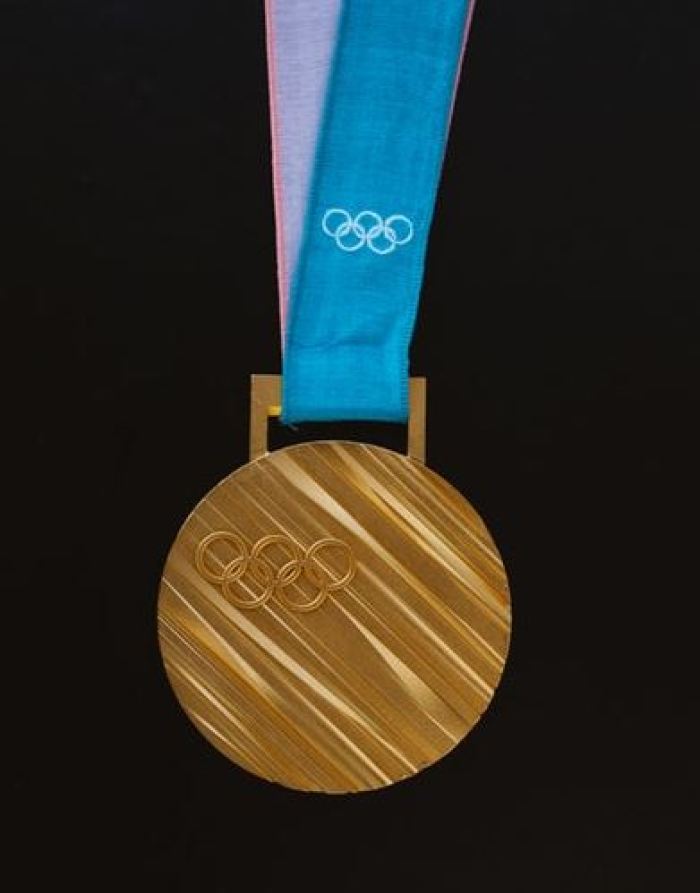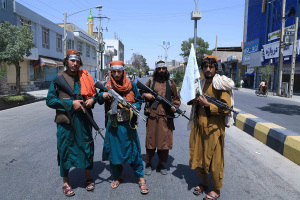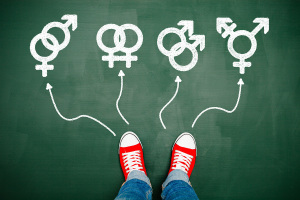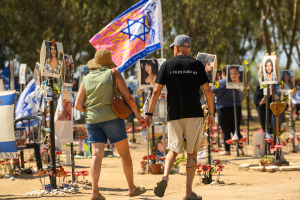Before the Fall: When Is Pride Not a Sin?

More than 28 million people tuned into see the best athletes in the world make their way into the arena at 2018 PyeongChang Winter Olympics Opening Ceremony. There were those of us looking on and those, who through years of training and sacrifice had earned the right to be celebrated on a spectacular world stage. Among the pageantry and creative performances, cultural tributes and pyrotechnics, pride was also on display; pride in country, pride in sport and yes, even pride in self.
Yet, Scripture offers many references to the destructive nature of pride.
The Word tells us pride goes before a fall, and that God resists a proud spirit.
Pride, along with greed and envy, is one of the seven deadly sins.
On the surface, the apparent sinful nature of pride is an open and shut case.
Well, maybe not so much.
Could it be that pride, in the right context, is not always a sin?
Pride, with its many synonyms –vanity, superiority and conceit - is also by definition, the name of a group of lions forming a social unit. Pride, in this context, refers to unity. One need look no further than the Olympic Opening Ceremonies, with its massive drum and dance performances featuring hundreds, if not thousands of identically dressed performers, to see evidence of pride borne out of unity.
As the commentators noted, in Korea, a person's family name comes first, then their individual name, because in that part of the world, there is great pride in what can be accomplished as unit, as opposed to individually.
We saw lots of unity at the Olympic Opening Ceremonies; as athletes from each individual nation, wearing smiles and colorful matching cold-weather gear entered the arena as one before the world, proudly united under their country's flag.
And given the recent diplomatic and political tensions in the region, it's not hard to imagine the whole world feeling a sense of pride, at the sight of the conciliatory, albeit symbolic entrance of host country North and South Korea entering the stadium, not as two nations, but as one—a ray of hope that peace may be possible, if even for this one moment.
I think the Olympics and its ubiquitous displays of pride challenge each of us to examine the pride we feel in our own hearts and ask this question; where is it rooted? Pride in the sense of one's own self-importance, or pride in the proper sense of one's own value and contribution to the whole and greater good?
Does the pride we have for those we associate with come from a place of one's own self-achievement, or from a place of inclusion, shared and esteemable values such as hard work, discipline, focus, and perseverance?
Does the pride we have for our ancestry, our different homelands and places of origin, whether patriots or mercenaries, come from an appreciation of the courageousness of our collective forefathers and ancestors, who despite great obstacles and persecution, did as the Prophet Paul did; pressed on toward the mark of a higher calling?
Does the pride we have for our family and children come from a place of delight, joy and most importantly love, just as the Father loved His son, as referenced multiple times throughout the New Testament?
"This is my beloved Son in whom I am well pleased."
"Pleased", or "pleasure" is also a synonym for, you guessed it, pride.
Esteemable values. Inclusion. Unity. Love. How can pride rooted in these things ever be a sin?
Roxane Battle is a TV personality from Minneapolis, Minnesota, and author of Pockets of Joy: Deciding to Be Happy, Choosing to Be Free (Whitaker House), winner of the 2018 Illumination Gold Medal, awarded to exemplary books written from a Christian world view. Follow her on Facebook, Twitter and Instagram at @roxanebattle.
She can be reached at www.roxanebattle.com, and roxane@roxanebattle.com




























